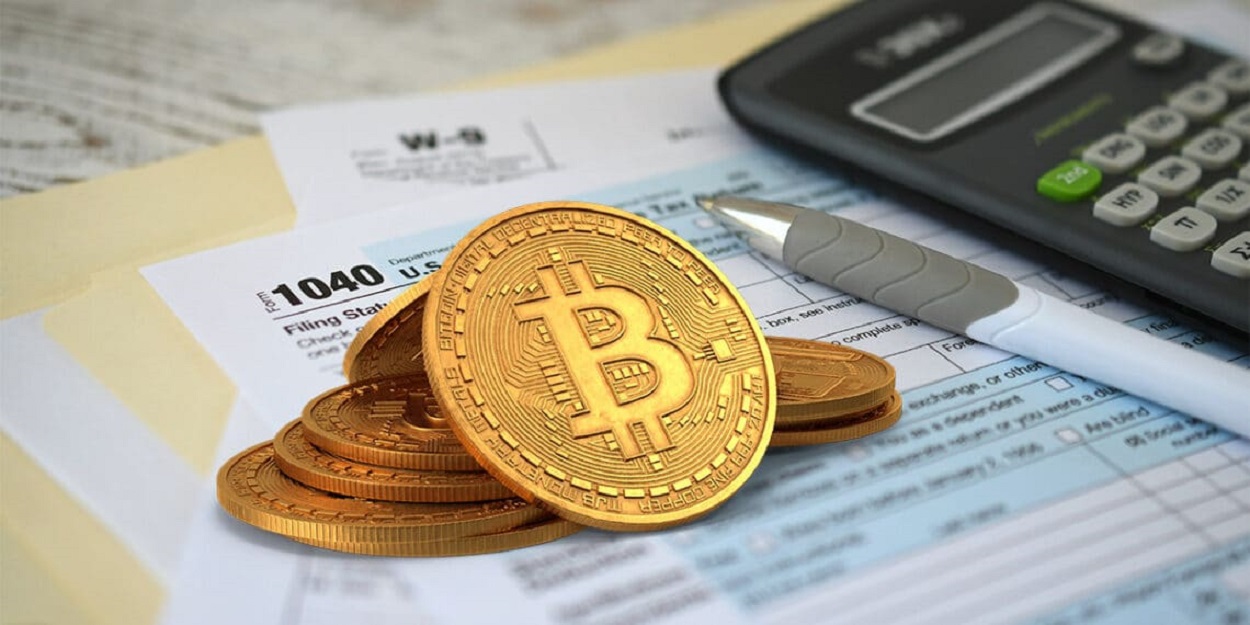Venezuela ranks third in bitcoin adoption
According to the United Nations Conference for Trade and Development (UNCTAD), the South American country is in third place in the use of cryptocurrencies, while Ukraine and Russia are in first and second place respectively
Ukraine and Russia rank first and second in the world for cryptocurrency adoption. According to the United Nations Conference for Trade and Development (UNCTAD), the third place is occupied by Venezuela, where the use of bitcoin has increased significantly.
According to a report recently published by UNCTAD, in Venezuela “1 in 10 Venezuelans (or 10.3%) owns cryptocurrencies.” The economy of the Caribbean country has been hit by high inflation, the devaluation of its official currency, the bolívar; in addition to the sanctions imposed by the United States.
Cryptocurrencies represent a reliable alternative for sending and receiving remittances, as well as the possibility of using digital currencies as a means of saving and investing. Young people are the most enthusiastic regarding the adoption of cryptocurrencies, which is evident in the increase in their participation in “play-to-earn2” games, since they represent a modest income channel through gaming.
It is important to remember that initially, Venezuela was critical of digital assets. Then there was a relaxation of criteria, the petro, the local digital currency, was launched, and currently the authorities are widely friendly regarding the world crypto scenario.

According to the UNCTAD report, the top five countries in the crypto-asset adoption ranking are occupied by Ukraine, Russia, Venezuela, Singapore and Kenya. The United States and India follow. In Latin America, Colombia, Peru and Brazil also stand out. And in Central America, without a doubt, the standard-bearer is El Salvador, even with the setbacks that the crypto winter has recently caused worldwide.
It is estimated that other countries will progressively join the adoption of bitcoin and other cryptocurrencies in view of the consequences of the conflict between Russia and Ukraine, which directly impacts food prices, imports, oil and gas supply.
M.Pino
With information from specialized media and social networks


